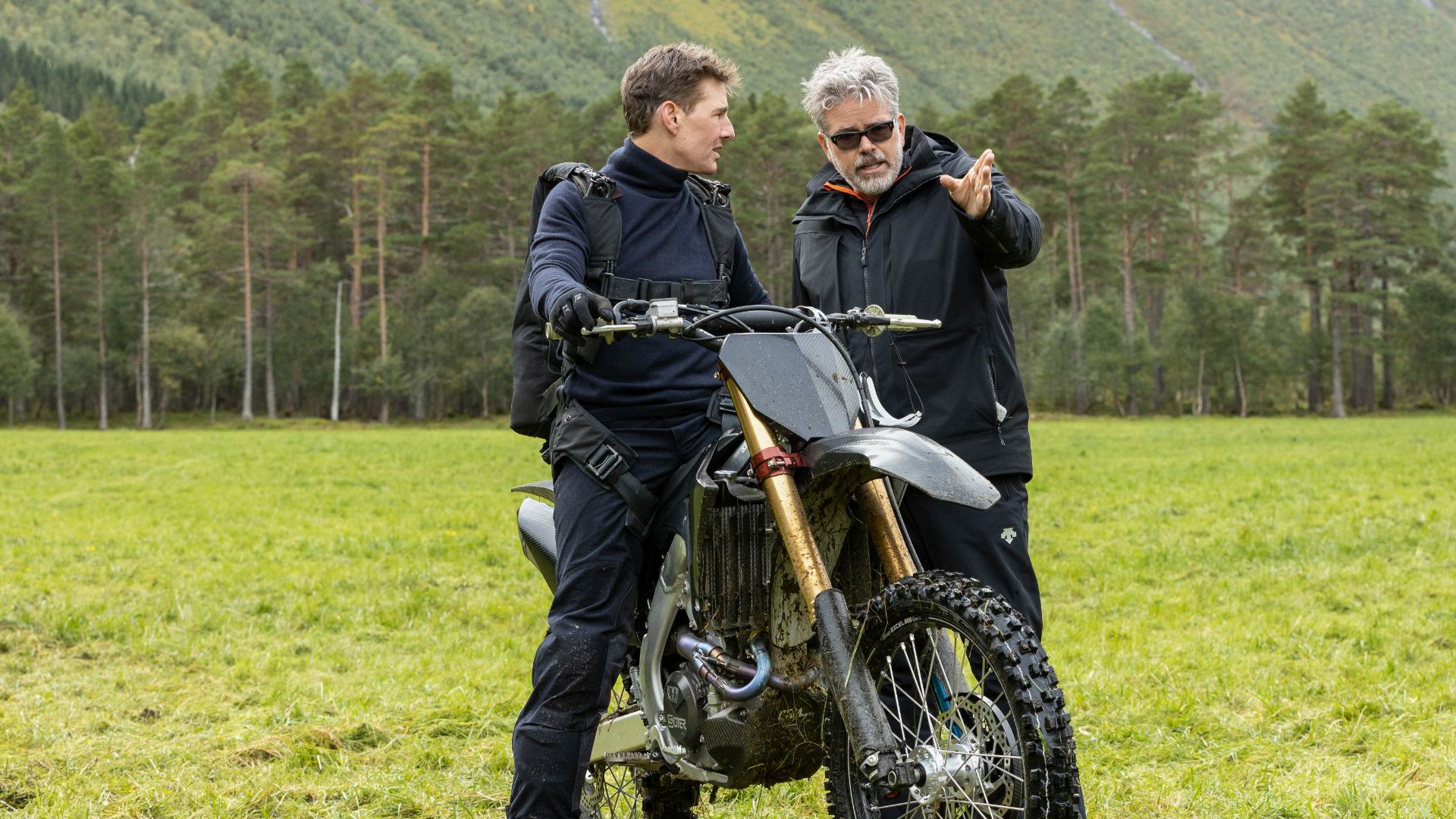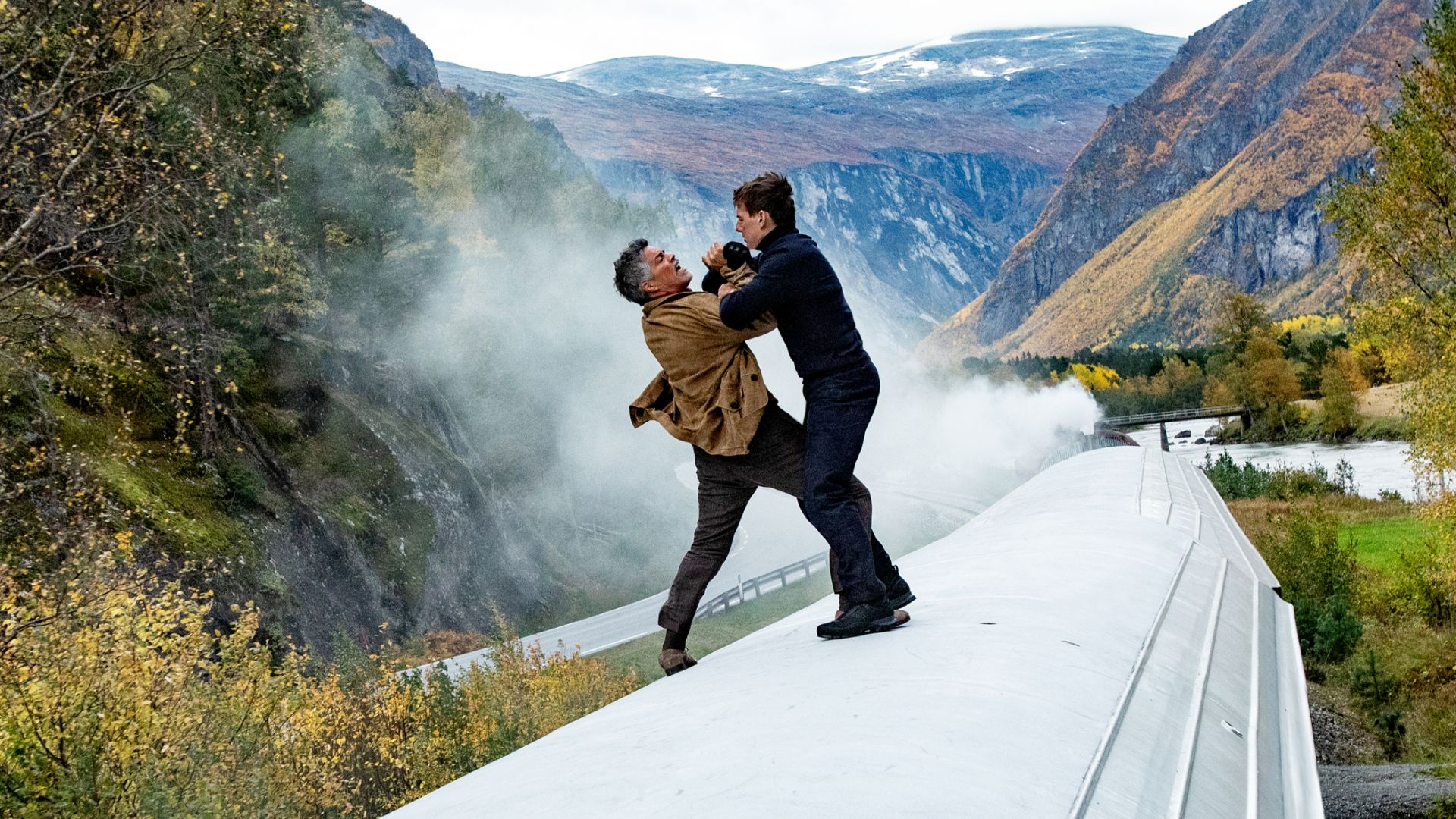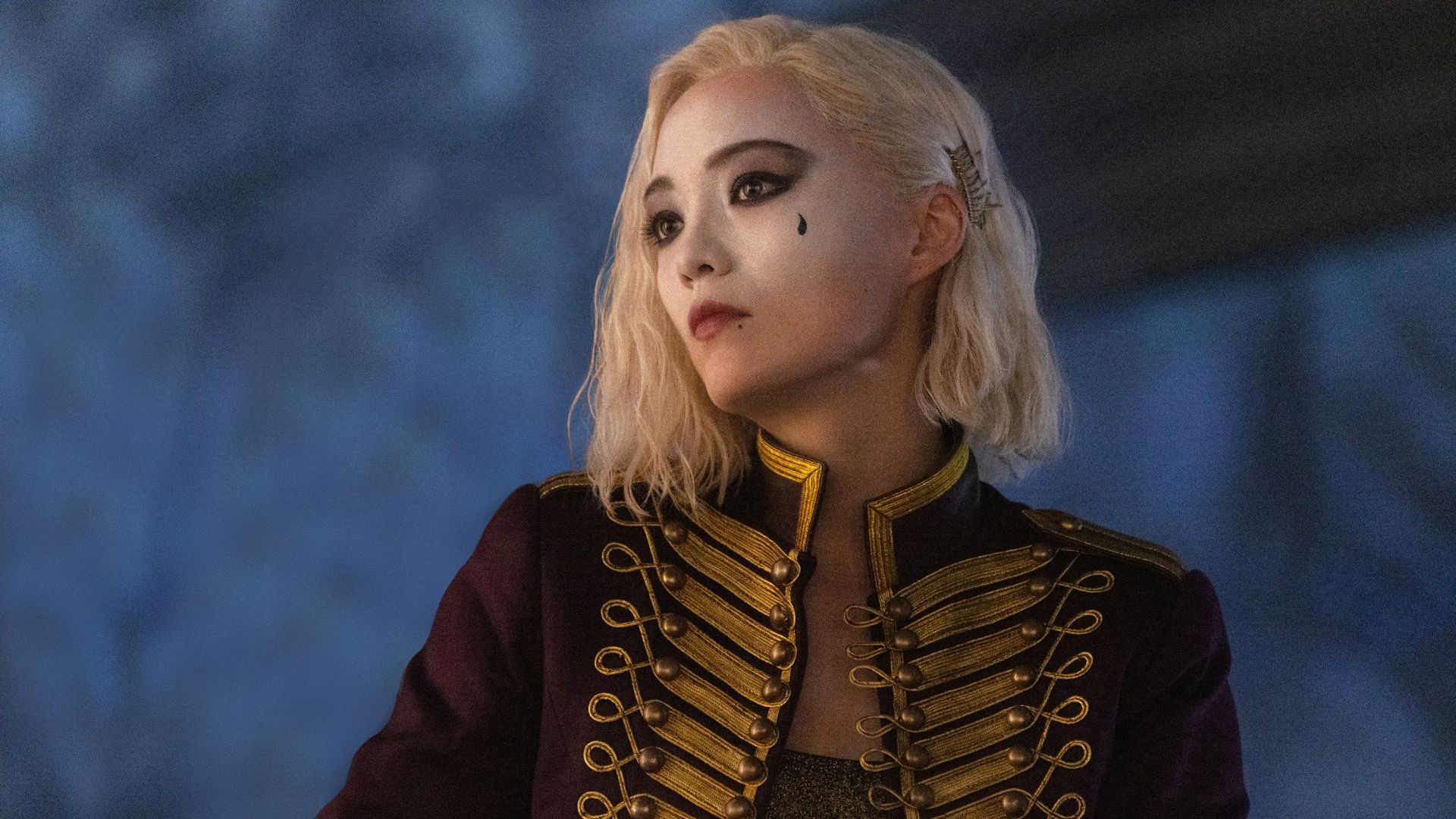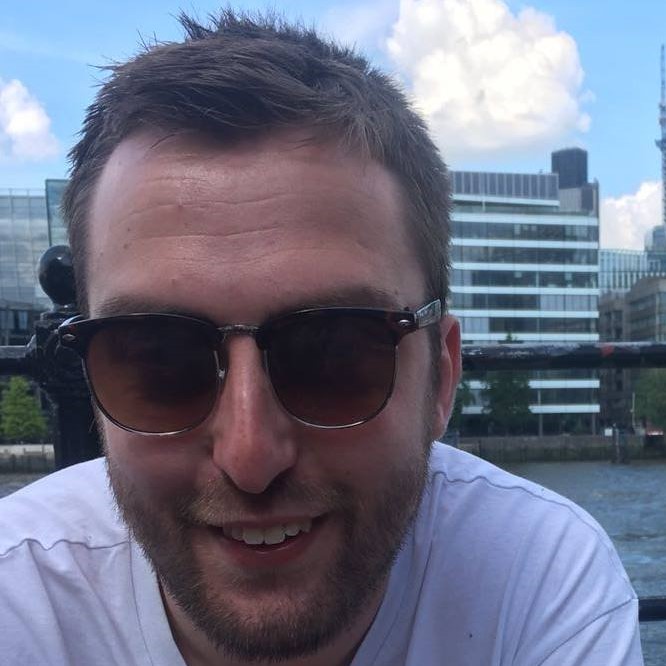Chris McQuarrie opens up on Dead Reckoning: "I’m more frightened now than I was on my first Mission: Impossible"
The Dead Reckoning director talks to GamesRadar+ and Total Film about filmmaking anxiety and Hollywood's two-part trend

Christopher McQuarrie didn’t want to make movies anymore. After taking up producing and writing duties on the Tom Cruise-starring Valkyrie in 2008, the director admitted to being frustrated with "taking a lot of meetings" and not making movies.
"I was fully confident every day was my last day on the job," McQuarrie tells GamesRadar+ and Total Film. "I was waiting for them to figure out that I didn’t know how to produce movies. I had never produced one before. I was waiting to be fired – and wouldn’t blame them for doing so."
Fast forward 15 years and McQuarrie is Hollywood’s premiere action director. Dead Reckoning Parts One and Two will mark his third and fourth Mission: Impossible movies – and the continuation of a Midas-like relationship with his leading man Tom Cruise.
It’s an impossible turnaround that would make Ethan Hunt – Cruise’s IMF agent, who regularly risks life and limb for the greater good – blush.
Ahead of McQuarrie is the biggest Mission yet. Encompassing multiple continents, hundreds of crew members, and a motorbike drop over a ravine that McQuarrie previously called "the most dangerous thing" he’s ever filmed – it’s a project that’s too big for just one movie.
"Instead of fighting the running time, I said let’s just cut the movie in half and give ourselves the breathing room to tell that story – not anticipating, then, that Part One would expand to the size that it did, the epic scale that it did," McQuarrie reveals. "I was hoping to make a four-hour epic and just cut it in half and everybody could have a two-hour movie, but here we are."
McQuarrie, though, isn’t resting on his laurels for the two-parter. While he is acutely aware of the cliffhanger trend permeating Hollywood (Across the Spider-Verse and Fast X both left fans with unanswered questions earlier this year), he’s keen to point out there’s no sense of complacency on his part in ensuring audiences return for Dead Reckoning Part Two.
Sign up for the Total Film Newsletter
Bringing all the latest movie news, features, and reviews to your inbox
"If [the other two-parters] do [trust them to come back], I envy them. I don’t. I saw that trend and the first instinct is [for us] not to do that because it’s happening," McQuarrie says.
Again, McQuarrie returned to the freedom of no longer having to fight an increasingly longer runtime: "I don’t want to be sitting here cutting things out of the movie because it’s too long. I want to be cutting things out of the movie because they can go. I don’t want to be struggling with the number of screenings per day. I don’t know what the rationale is for the other movies that were doing it, but that was mine."
Pushing the envelope

With a franchise such as Mission: Impossible, however, there runs the risk of diminishing returns with its big set-pieces. In truth, it’s a trend that Cruise, especially, has warded off in emphatic fashion.
How do you top that breathless wire sequence from the first movie? You hold on to a plane while it takes off. But then how do you top that? You skydive from 25,000 feet. While Cruise’s stunt exploits (rightfully) grab attention, it’s McQuarrie – and the world-class stunt team and crew – who have to put the pieces together. Despite making over a half-dozen films, it’s clear the Mission: Impossible team isn’t running out of ideas – or steam.
"It’s always a process of elimination," McQuarrie explains. "The more movies there are, the more you come up with solutions that are: 'You can’t do that, they did that in this one or that one'."
He continues: "At the same time, we don’t get so religious about it like 'Ah, you can’t have a train sequence because there was a train sequence in [the first] Mission: Impossible.' What we try to do is apply everything we’ve learned from the previous movies to the movies we’re doing now and the movies we’re doing next. It tends to be a more refined process. The scenario boils down to this: what an audience wants in a big tentpole movie like this is exactly what they expect in a way they never see coming."
But it’s not all action and bombast. McQuarrie is using the extra space to dive deeper into Ethan’s motivations this time around. That’s through not only expanding on the work done in previous movies, but bringing in elements from both Hunt and Cruise’s past into the present. Henry Czerny’s Kittridge returns for the first time since the very first Mission: Impossible, while Esai Morales – who plays villain Gabriel – is someone who has known Cruise since the "very beginning of his career."
"In Fallout, we reached into his inner world a little more than we had in Ghost Protocol and found there was more to explore. [Here] we reached deeper still, in bringing back Henry Czerny and Esai Morales coming in. A door was opening into Ethan’s past and we started exploring how we could tell that story and how you could tell it in the present – rather than delving back into the past.”
"I don't want to let the franchise down"

It’s clear from talking to McQuarrie that an urgent anxiety exists: he doesn’t see Dead Reckoning as a surefire success – in an industry that desperately needs one. Instead, it’s the lessons he’s learned from Valkyrie that he carries with him to ensure he keeps delivering action classics.
"I’ve maintained that attitude ever since. I don’t take my position for granted. I don’t take the audience’s participation for granted," McQuarrie says. "When we were making Top Gun: Maverick, I didn’t take for granted that people loved that movie or that it was a 35-year-old cultural institution. I looked at it with a very suspicious and cynical eye towards Hollywood’s tendency to make it a cash grab.
"So, everything I do is to constantly check myself and remind myself that it does not matter what you did before, this is the one you’re doing now. I’m terrified of the result of Dead Reckoning, which lives in the shadow of Fallout, which lives in the shadow of Rogue [Nation], and Ghost [Protocol], and all the other movies that came before it. I don’t want to let the franchise down. I’m more frightened now than I was on my first Mission."
Mission: Impossible Dead Reckoning - Part One is out in UK cinemas on July 10 and in the US on July 12. For more from our chat with the director, here's why Dead Reckoning is split into two parts. Then be sure to check out our interview with star Hayley Atwell:
I'm the Senior Entertainment Writer here at GamesRadar+, focusing on news, features, and interviews with some of the biggest names in film and TV. On-site, you'll find me marveling at Marvel and providing analysis and room temperature takes on the newest films, Star Wars and, of course, anime. Outside of GR, I love getting lost in a good 100-hour JRPG, Warzone, and kicking back on the (virtual) field with Football Manager. My work has also been featured in OPM, FourFourTwo, and Game Revolution.



